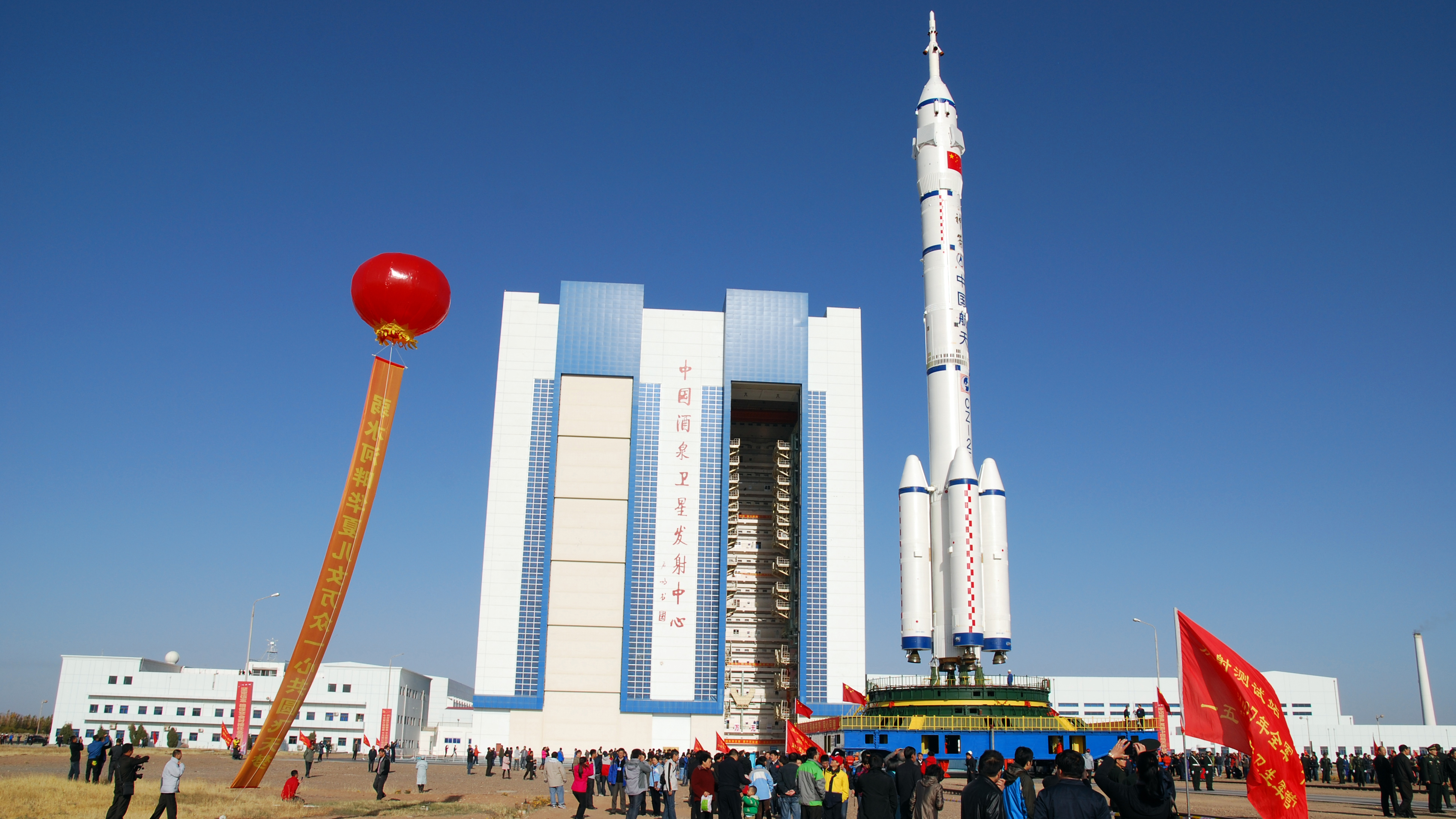In the face of growing tensions between countries, China continues to invest in competition with the United States in many areas, including space. Having formed its own system of navigation satellites, Beijing weakens its dependence on the American GPS system, while spending at least $ 9 billion.
Location data from GPS satellites is used by smartphones, car navigation systems, microchips in other devices, and even in the management of rockets. In this case, the system is controlled by the US Air Force. This causes serious inconvenience to the Chinese government, so Beijing is developing an alternative, which the US security analysts call one of the largest space programs organized by any country.
“They don’t want to depend on GPS in the United States,” Marshall Kaplan, a professor of the aerospace department of the University of Maryland, said. “The Chinese don’t want to depend on something that we can turn off.”
The Beidou navigation system, which already serves China and neighboring countries, should work at full capacity and start operating around the world in 2020. This project is implemented within the framework of the strategy of the PRC leadership and aims to ensure the global CHinese leadership in next-generation technologies. The program is already affecting corporate operations, as semiconductor, electric vehicle and aircraft manufacturers are modifying their equipment to also integrate Beidou into their products in order to continue their business in the second largest economy.
The Beidou satellite constellation already includes 40 satellites. By 2020, Beijing intends to launch 11 more spacecraft into space.
In addition, Beijing is competing with the US in other space projects: in December, the People's Republic of China intends to launch Chang'e 4, a lunar probe, which will be the first spacecraft on the far side of the moon. The launch of the Martian probe is scheduled for 2020.
source: reuters.com
Location data from GPS satellites is used by smartphones, car navigation systems, microchips in other devices, and even in the management of rockets. In this case, the system is controlled by the US Air Force. This causes serious inconvenience to the Chinese government, so Beijing is developing an alternative, which the US security analysts call one of the largest space programs organized by any country.
“They don’t want to depend on GPS in the United States,” Marshall Kaplan, a professor of the aerospace department of the University of Maryland, said. “The Chinese don’t want to depend on something that we can turn off.”
The Beidou navigation system, which already serves China and neighboring countries, should work at full capacity and start operating around the world in 2020. This project is implemented within the framework of the strategy of the PRC leadership and aims to ensure the global CHinese leadership in next-generation technologies. The program is already affecting corporate operations, as semiconductor, electric vehicle and aircraft manufacturers are modifying their equipment to also integrate Beidou into their products in order to continue their business in the second largest economy.
The Beidou satellite constellation already includes 40 satellites. By 2020, Beijing intends to launch 11 more spacecraft into space.
In addition, Beijing is competing with the US in other space projects: in December, the People's Republic of China intends to launch Chang'e 4, a lunar probe, which will be the first spacecraft on the far side of the moon. The launch of the Martian probe is scheduled for 2020.
source: reuters.com





